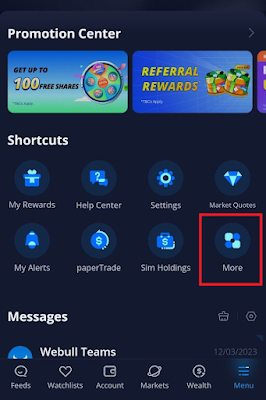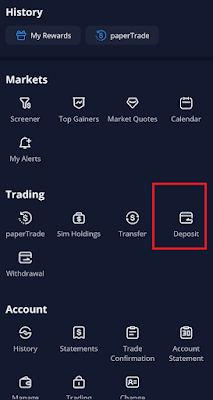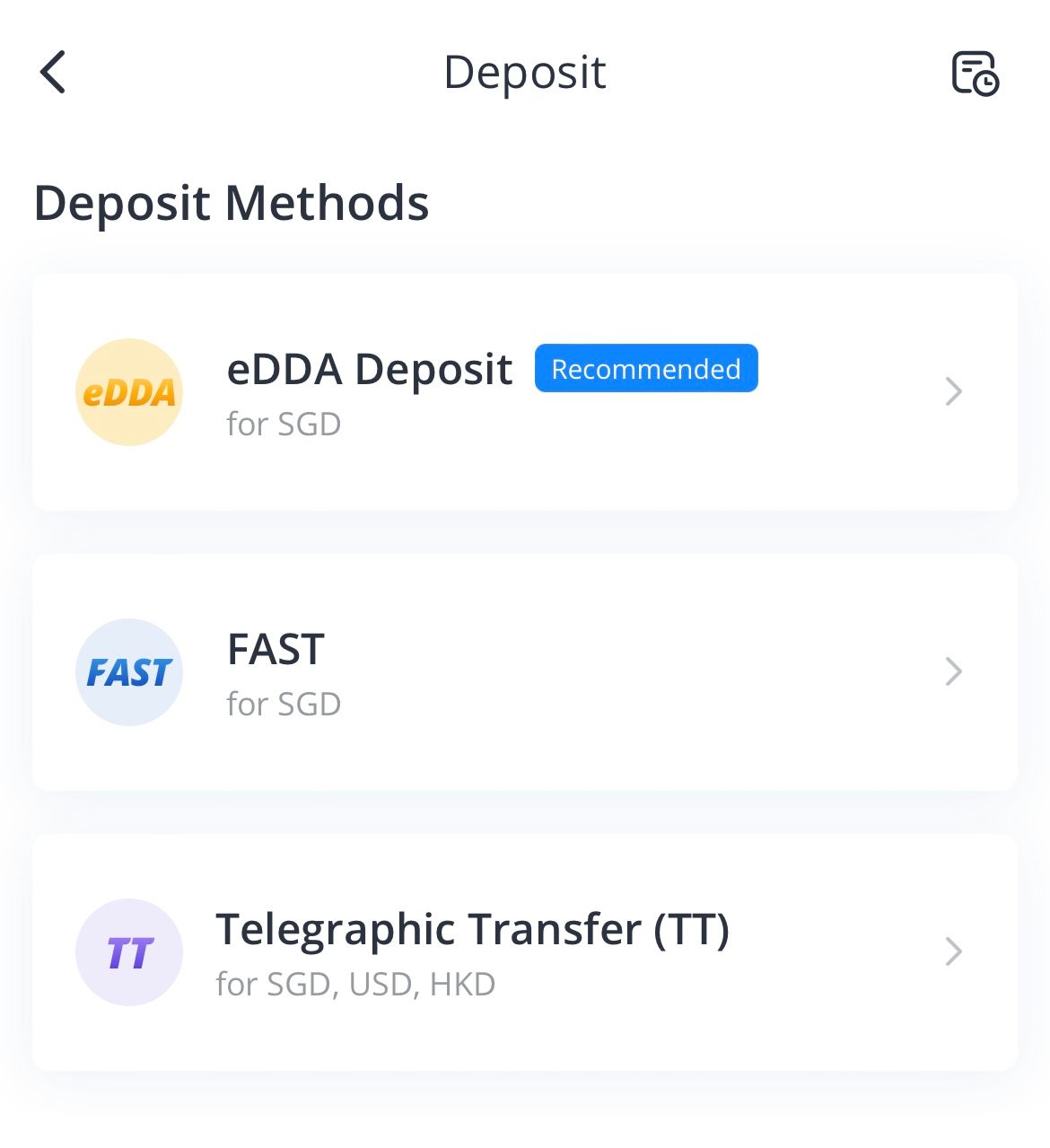According to MAS regulations, REITs are allowed to leverage to above 45% debt ratio, with conditions that (i) the REIT's interest coverage ratio (ICR) must not be less than 2.5 time and (ii) the REIT is unable to take in more debts.
Currently the 3 US Office REITs are facing declining vacancy rate amidst a backdrop of increasing their rents. Due to the hybrid working style, companies realise they need less office spaces and have moved to downsize. While rentals have increased slightly due to inflation, overall there is a negative impact on US office REIT's earnings.
With a declining earnings and higher effective interest cost due to rising rates, these REITs ICR runs the risk of breaching below MAS's 2.5x ICR rule. This is on top of an escalating leverage ratio due to the impact of the fall in valuataion of office buildings. To say the least, the US office space is in a crisis that is equals to what we saw in 2009.
Over in Singapore, there are 3 US Office REITs that are listed and below are their current situation:
Rising Interest Rates Environment and Stress Testing
The latest Federal Reserve dot plot shows that Reserve Board Members expect a 5.00-5.25% interest rate for 2024 and 3.75%-4.00% for 2025. For the above 3 REITs, the benchmark used for their loans are the Secured Overnight Financing Rate (SOFR). The SOFR rate follows closely to the lower range of the Federal Reserve Announced Rates and the loans are pegged to be at least 1.1% higher than the rates.
Using the dot plot and how these REITs have pegged their loans; it is plausible for these REITs' effective interest cost (before hedging) to be at 6.1% for 2024, and about 4.8% in 2025.
If we assume a 6% financing cost, while holding earnings growth at 0%, all 3 REITs will have ICR of below 2.5 times ICR (KORE, Keppel Pacific Oak, will be the closest at 2.2 times ICR).
Factoring the expectations of earnings growth, KORE sees an improvement and moves to 2.24 times ICR. Below is the eventual ICR taking into account earnings growth and a 6% effective interest cost:
2024 Stress Test (ignoring each REITs hedging done)
2025 Stress Test (assume no earnings growth from 2024)
Both PRIME and Manulife looks set to deviate from MAS's 2.5 times ICR limit until 2025.
While PRIME has mentioned it has hedged 63% of its debts until mid 2026, it is conceivable that the rising interest rate environment will still push its effective interest rates upwards. Hence the 2025 Stress Test figures above gives a rough guage of where the REIT may be in 2025 and how it will slightly breach MAS's requirements. For Manulife, due to a high amount of debts being fixed, I doubt its effective interest cost will see the highs of 4.80%, likely it would be at the 4.50% region. But that's bad enough to breach MAS's ICR requirements too.
Evaluation
Given the above, it seems Keppel Pacific Oak (KORE) is on the strongest footing due to its ability to grow its earnings in a weak US environment and propping itself with a high occupancy rate. Its debt profile is also good with 60% of debts maturing in 2026/2027 when interest rates are expected to be lower.
Both Manulife and PRIME runs the danger of breaching MAS's regulatory rules. If MAS does not relax any rules, it is plausible that these 2 REITs will have to find ways to deleverage.This means reducing their debts.
For PRIME, I expect they have to reduce their US$685 million debt by 3% (reduce by US$20 million); while for Manulife, they have to reduce their US$1,020 million debt by 15% (reduce by US$150 million).
For PRIME, the debt reduction should involve the sale of 1 of its smaller office building at the low trough of the office cycle. For Manulife, the sale of Phipps and 1 smaller office building are likely to happen. Manulife shareholders will have to realise some losses at the lowest points of the US office cycle, without enjoying the recovery phase of the US office cycle (should it happen).
For now, it might not be a good time to pick Manulife and PRIME unless (i) MAS decides to help by waiving its ICR rule or (ii) the 2 REITs announce the sales plan of its office buildings.















